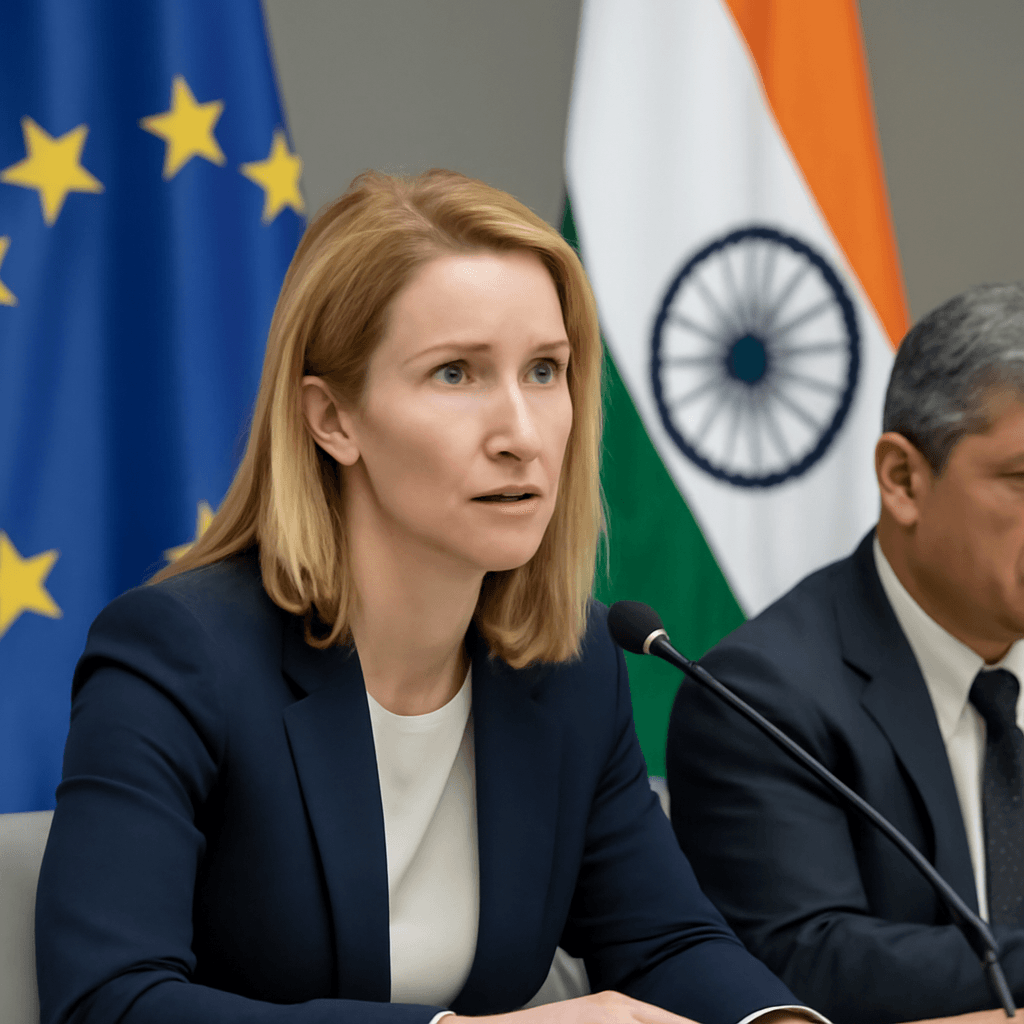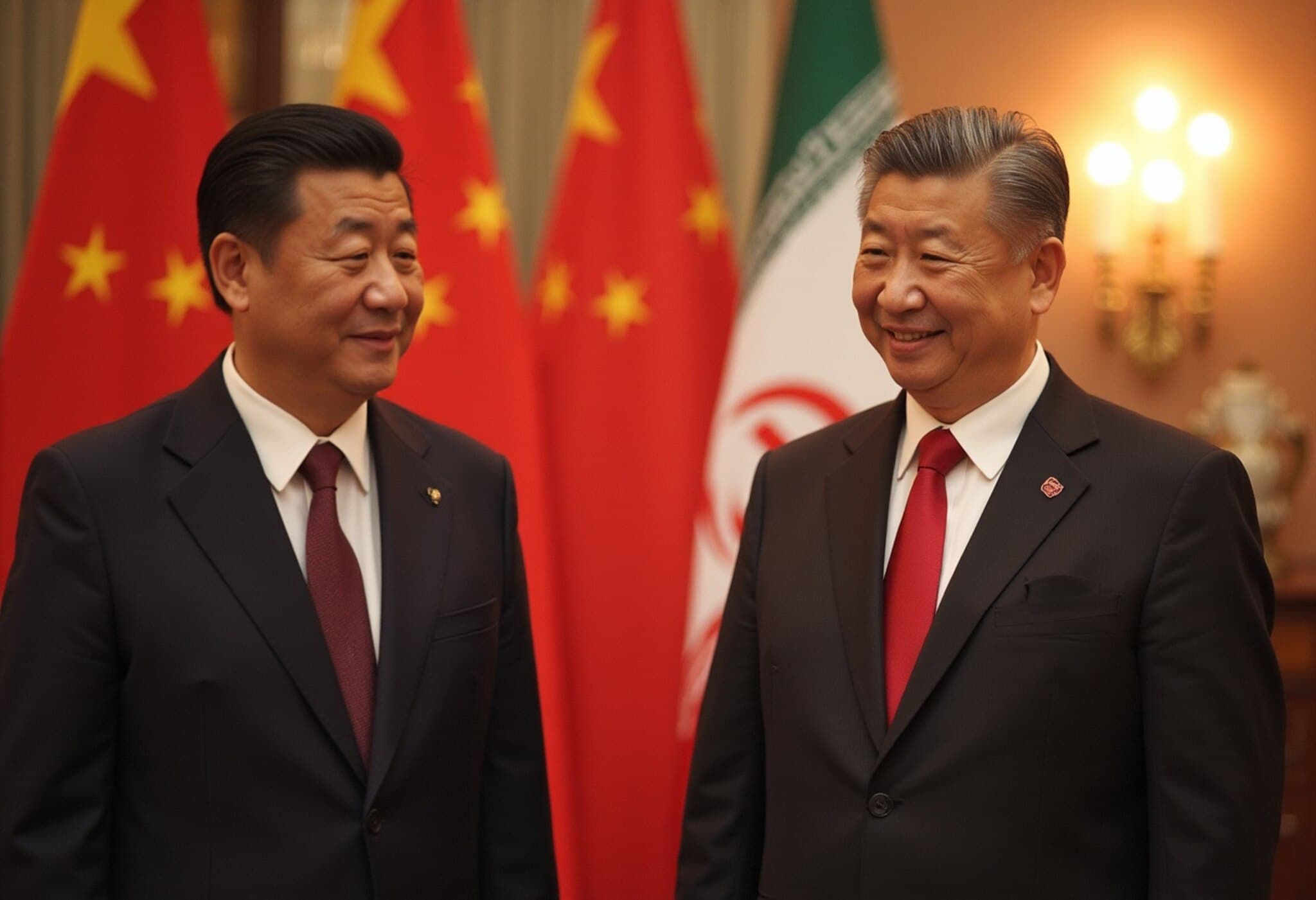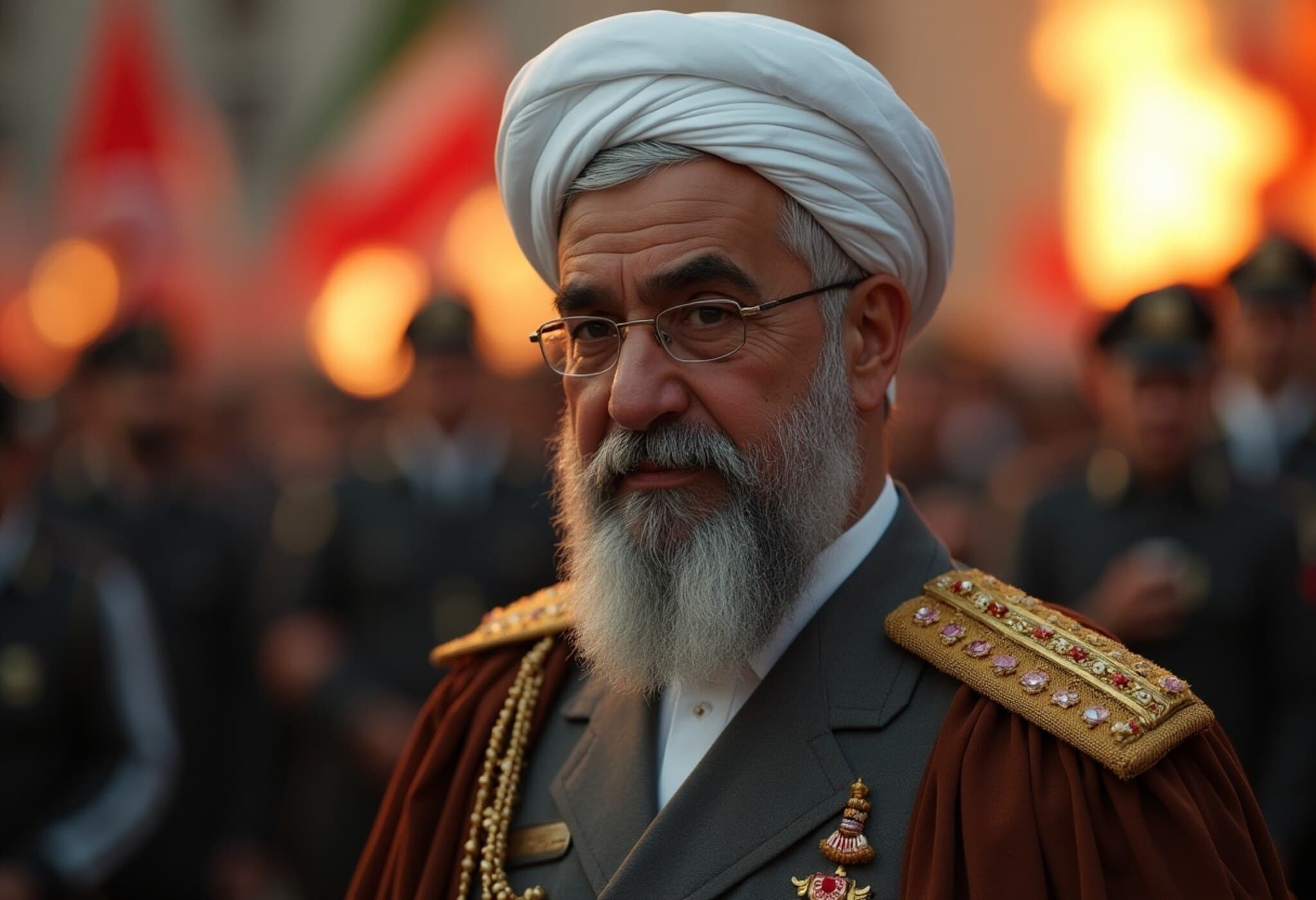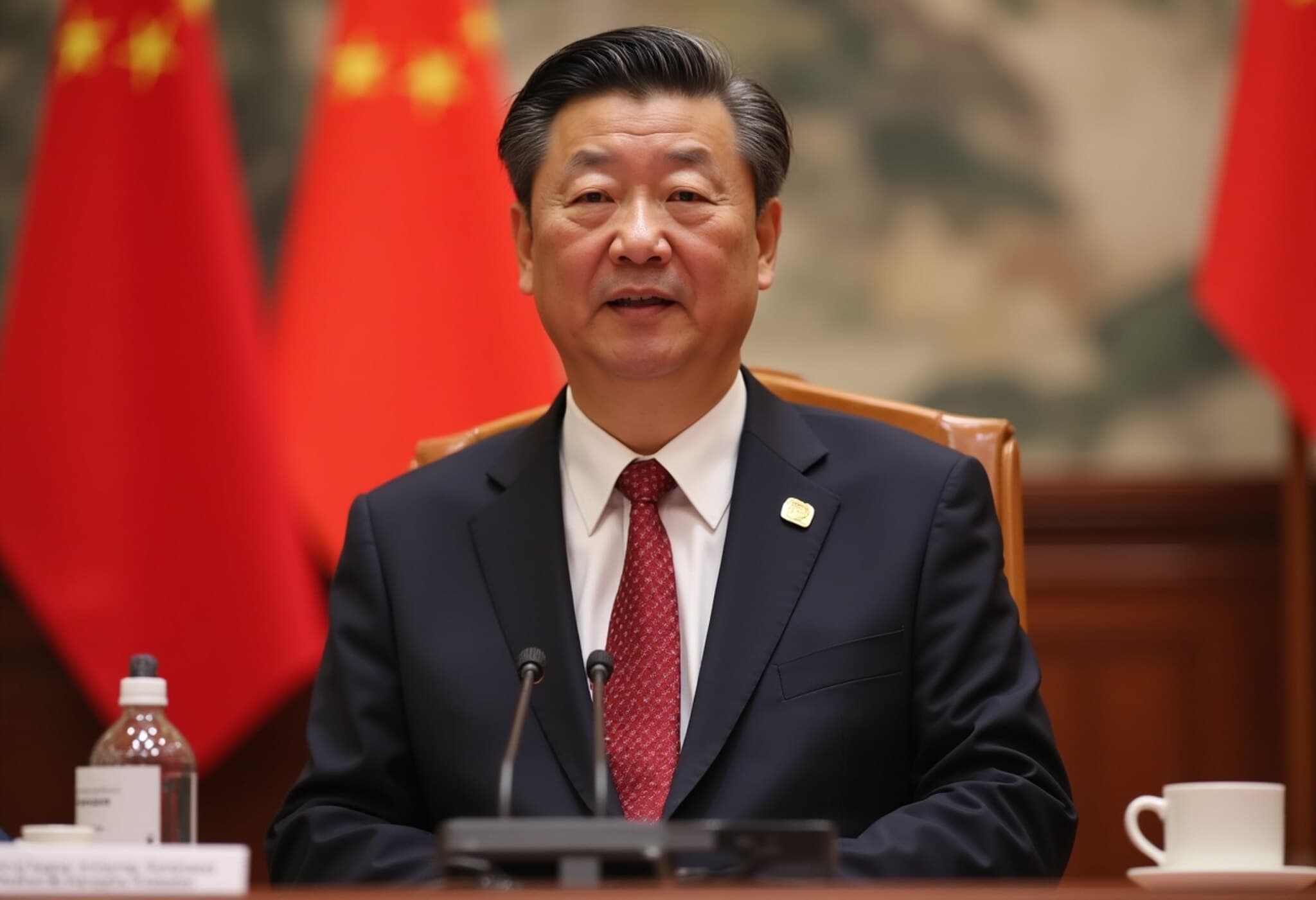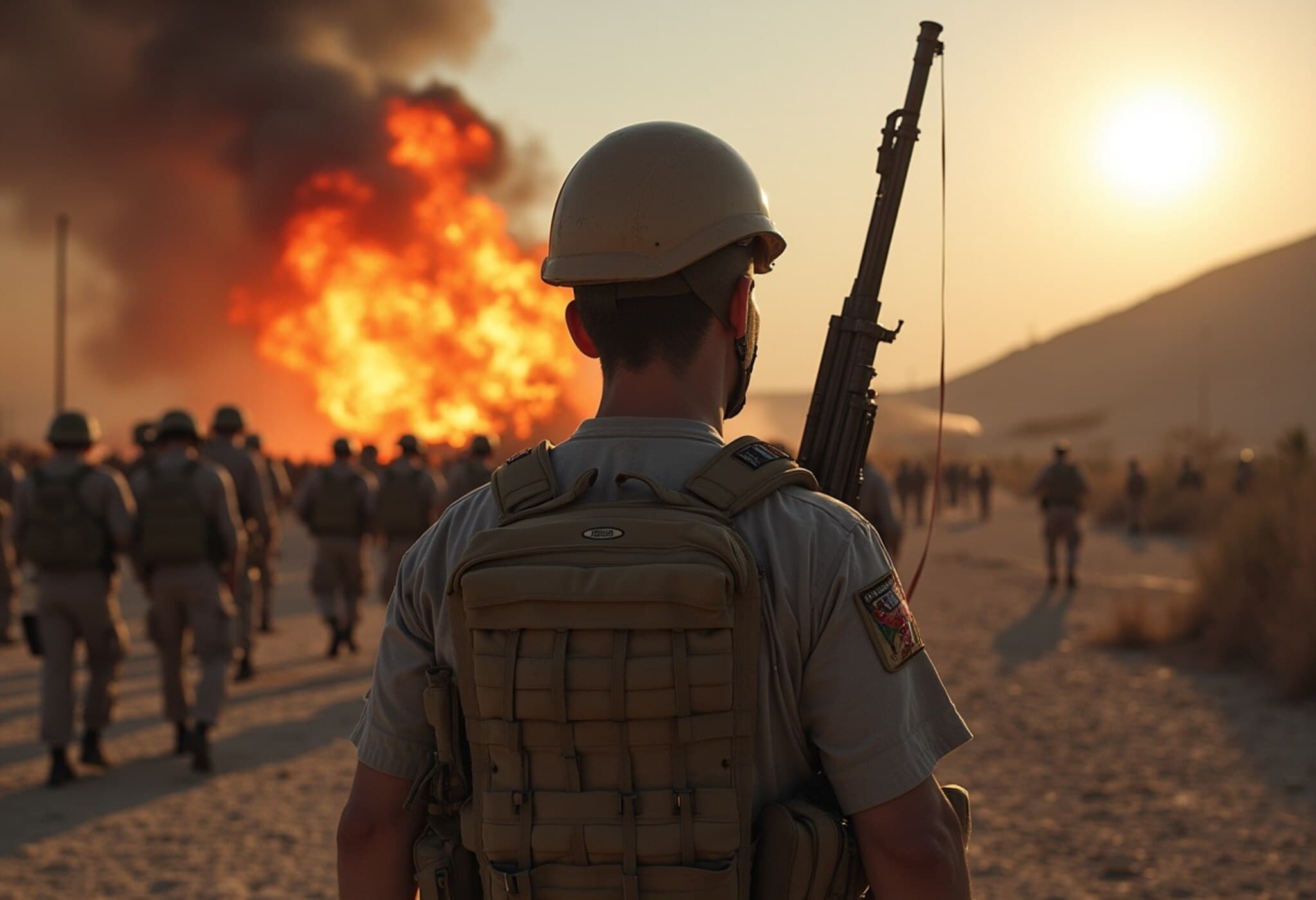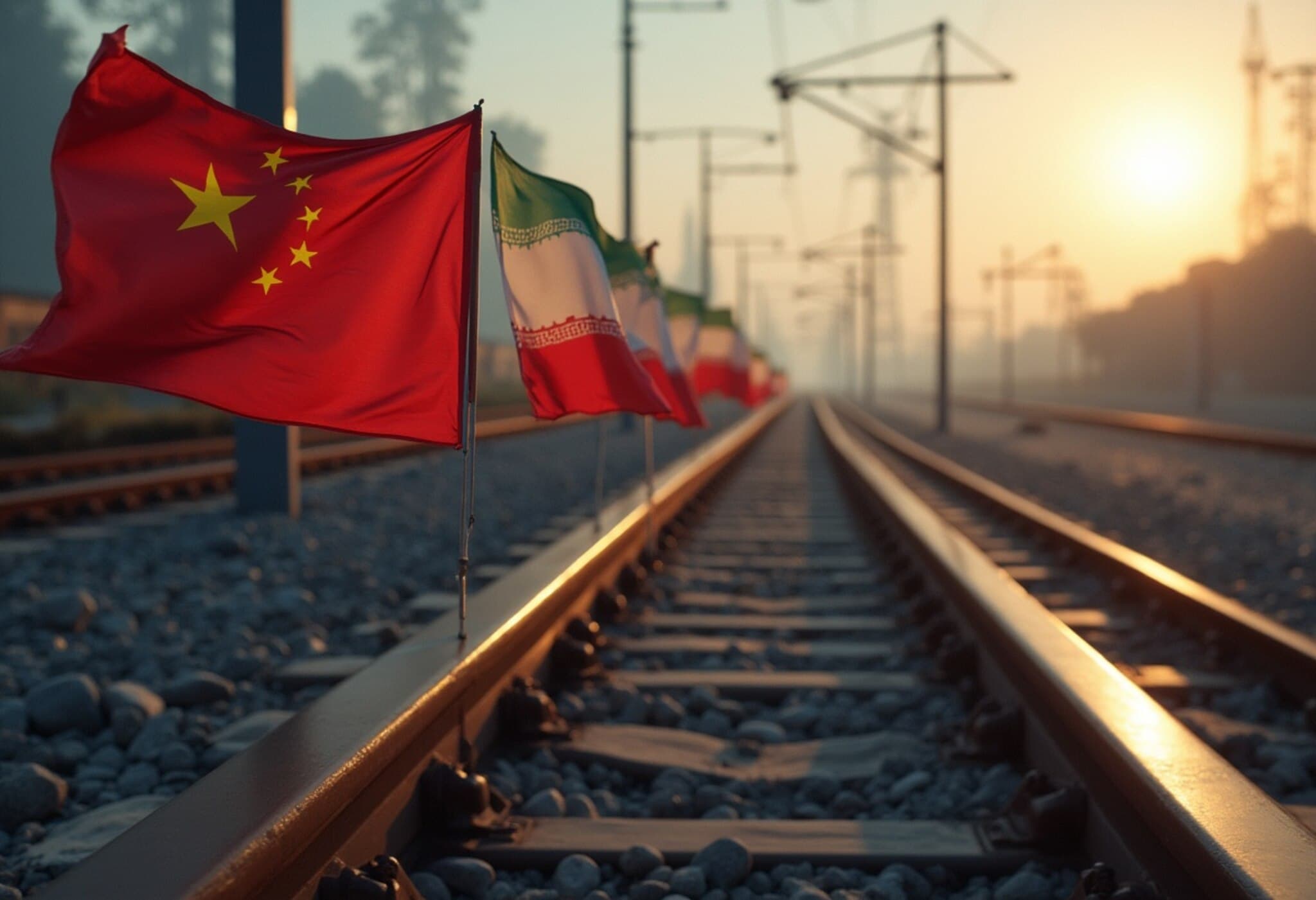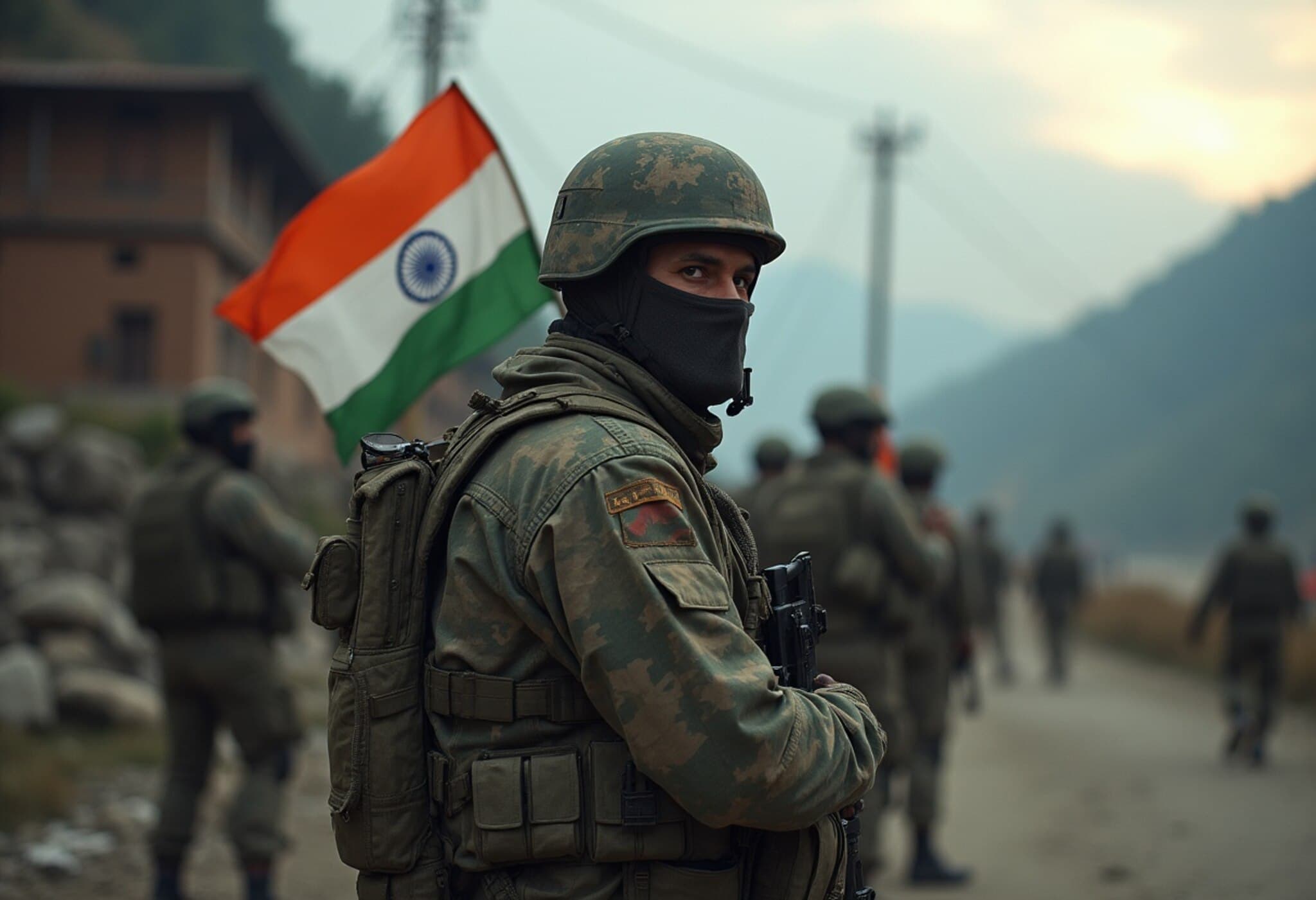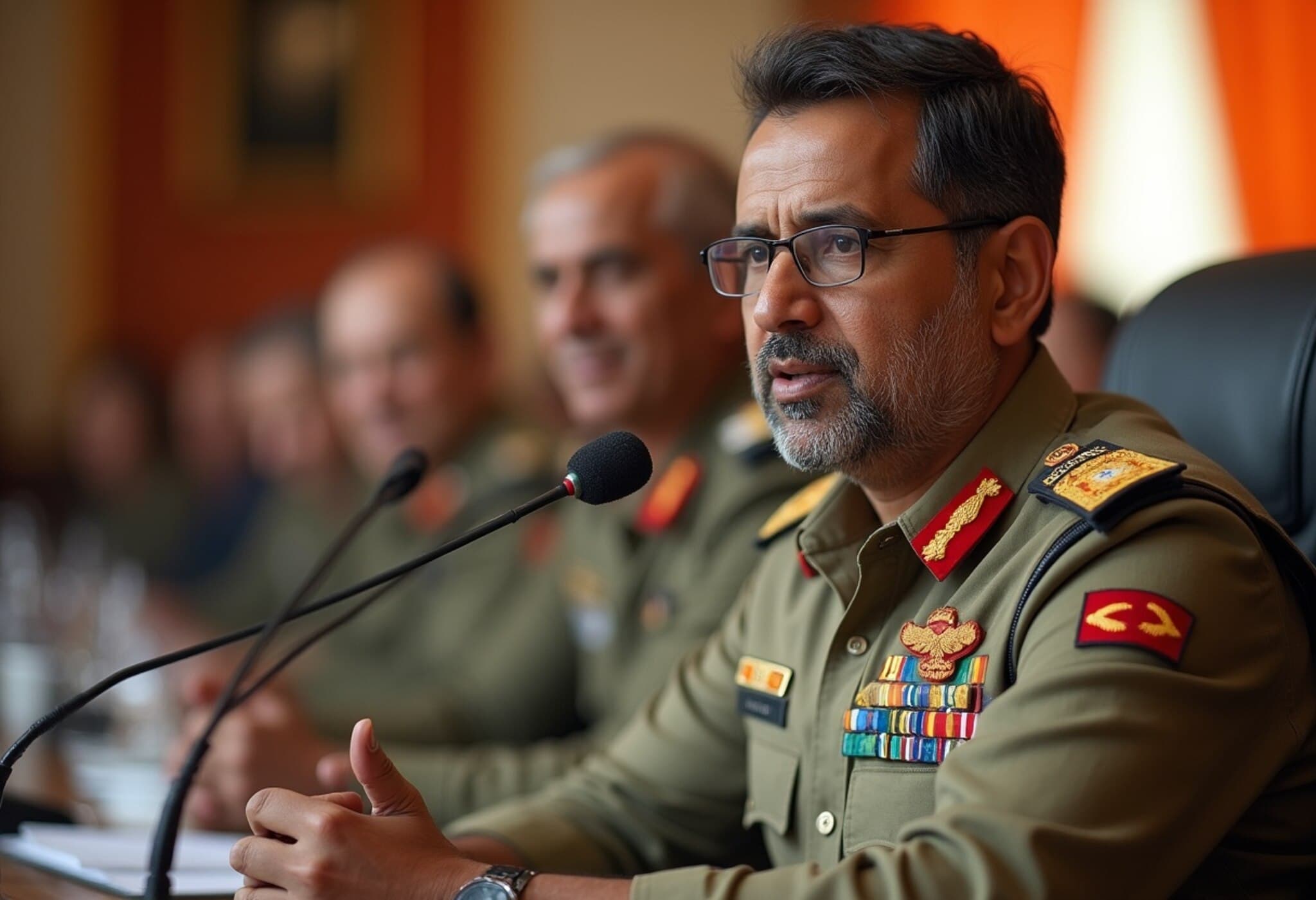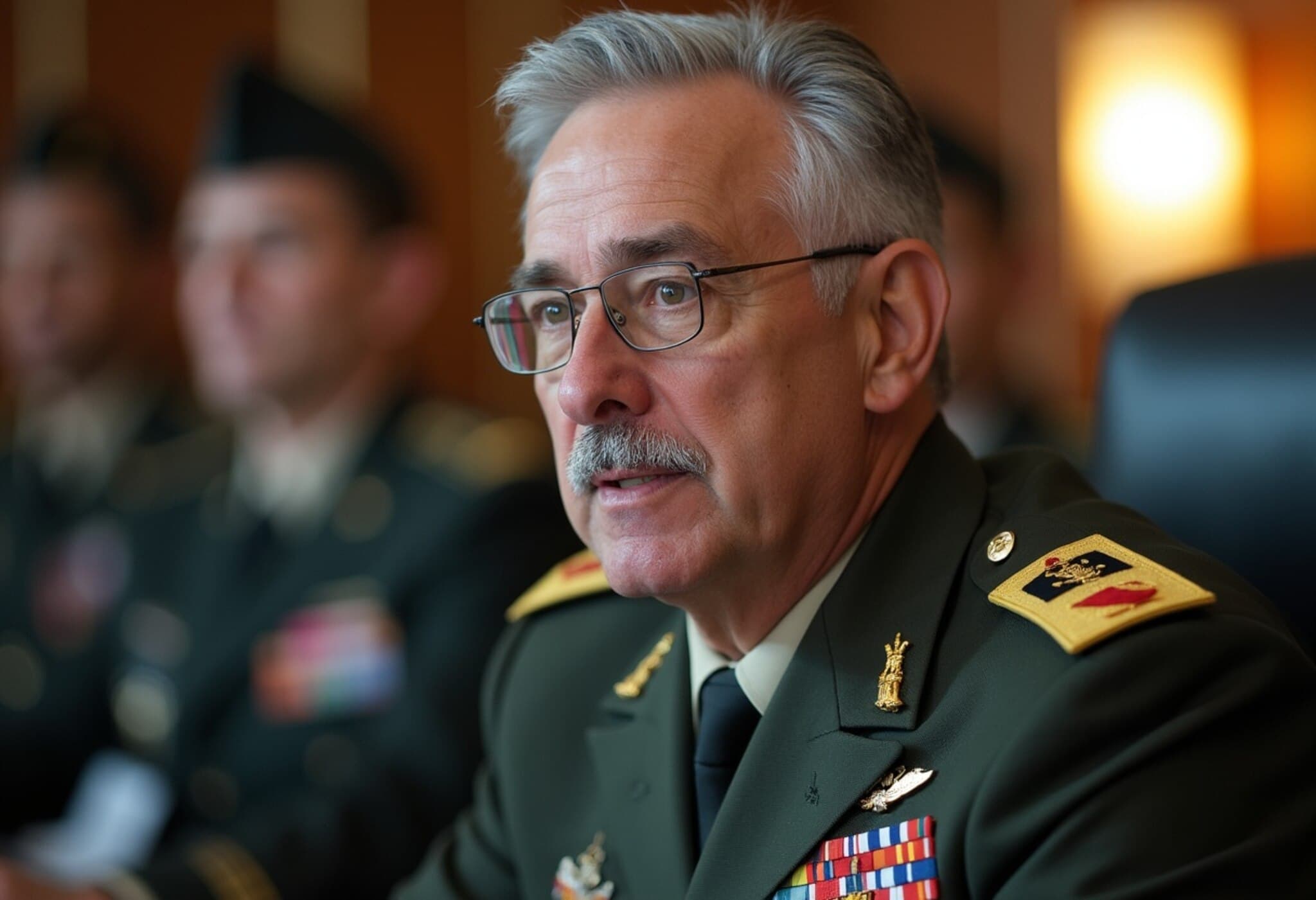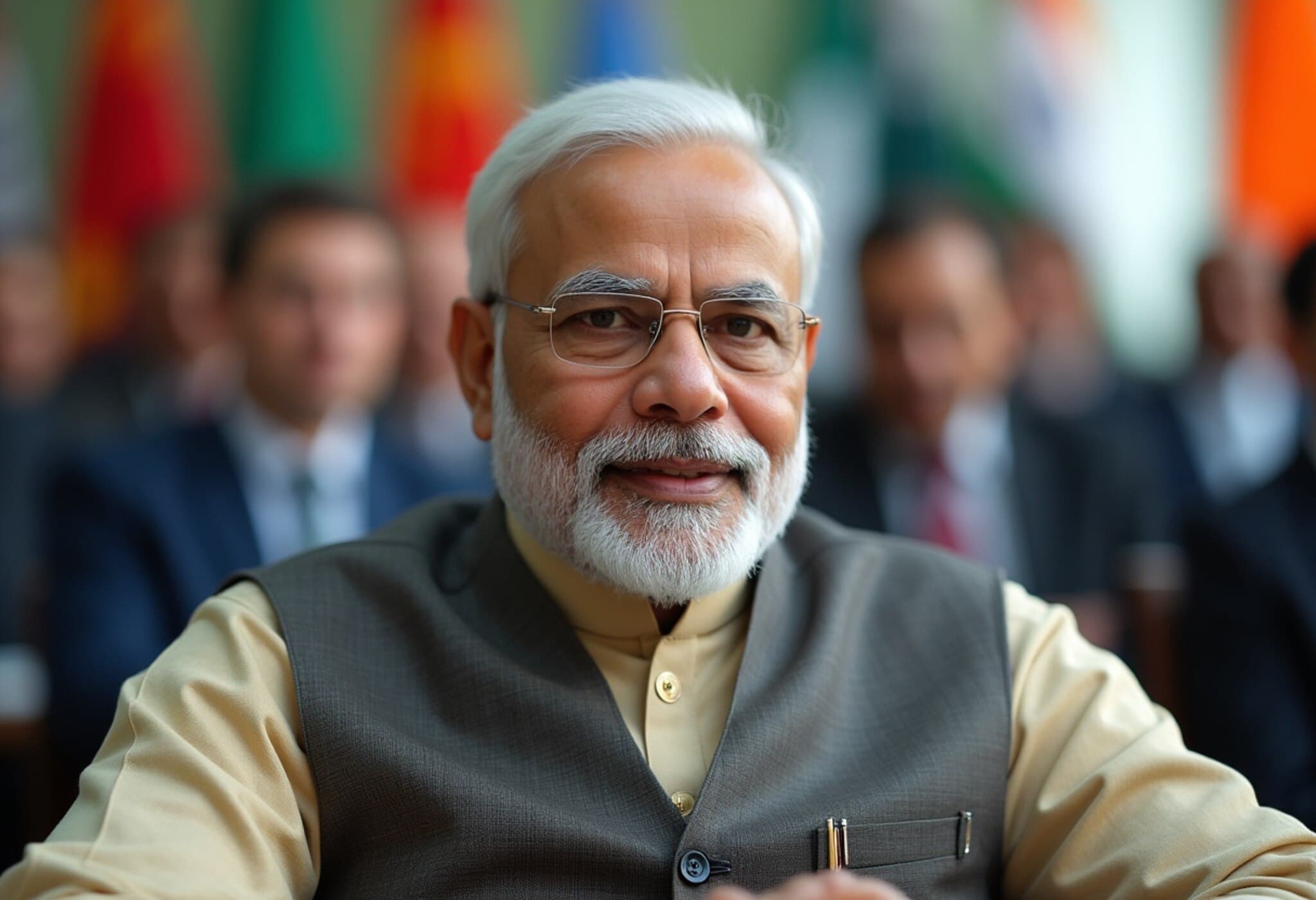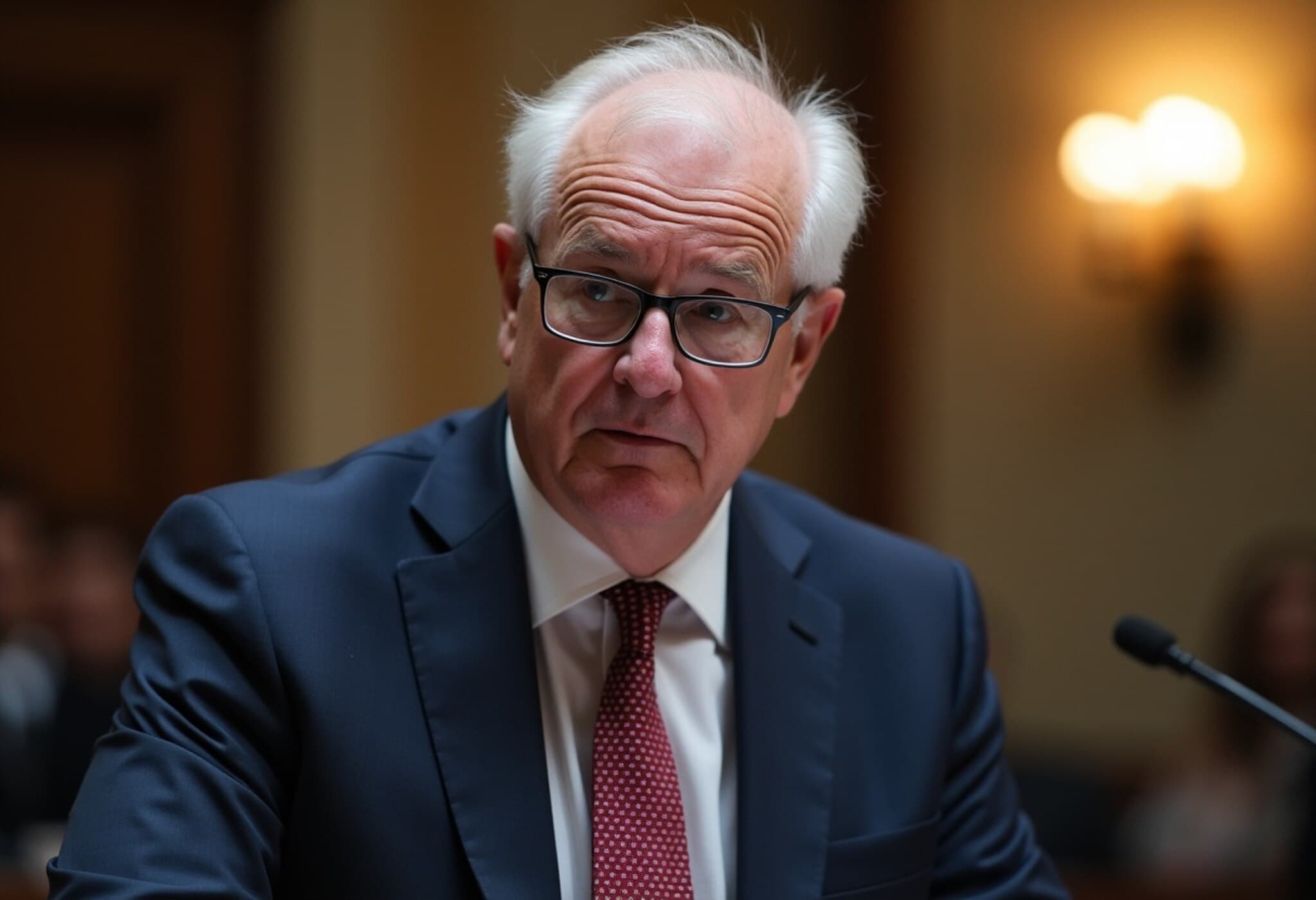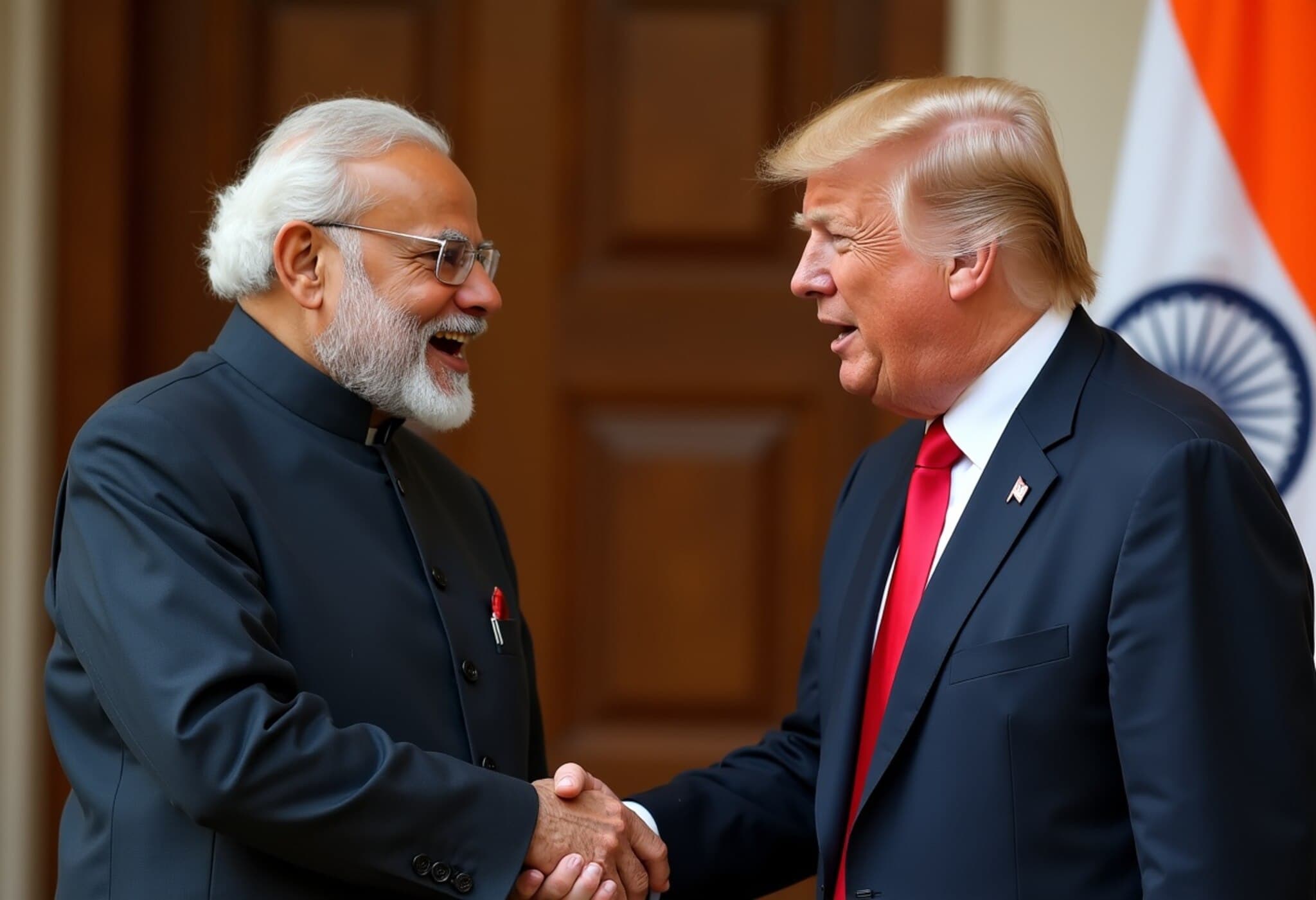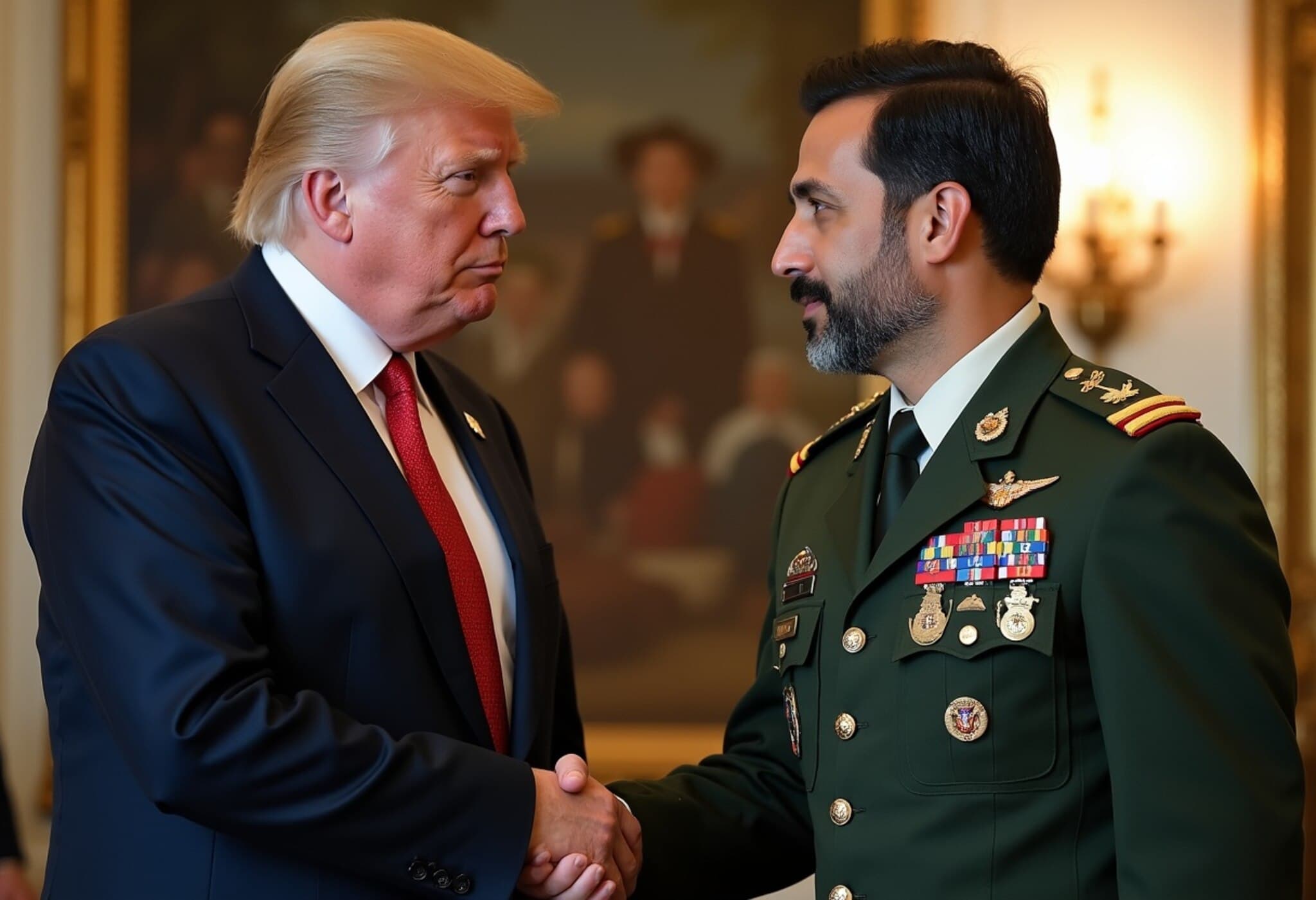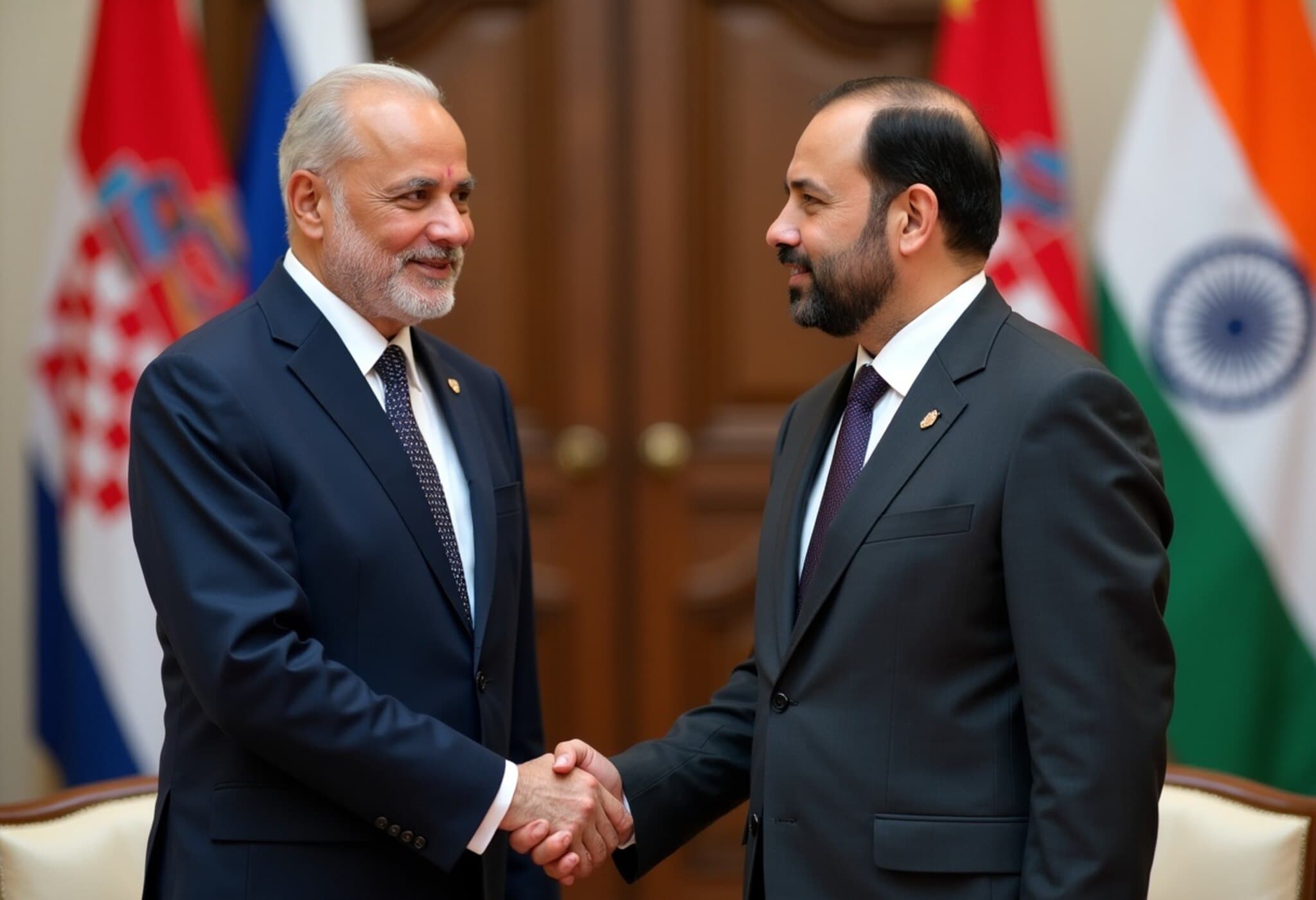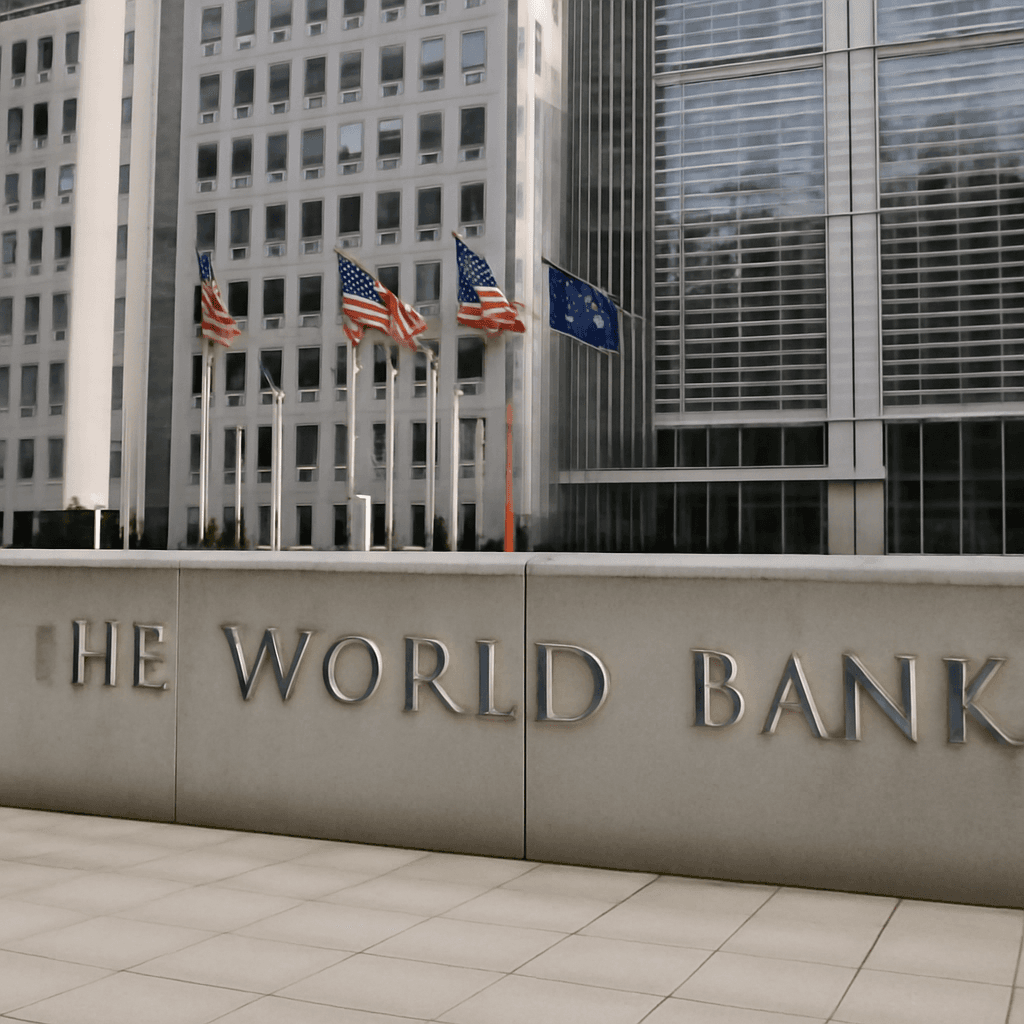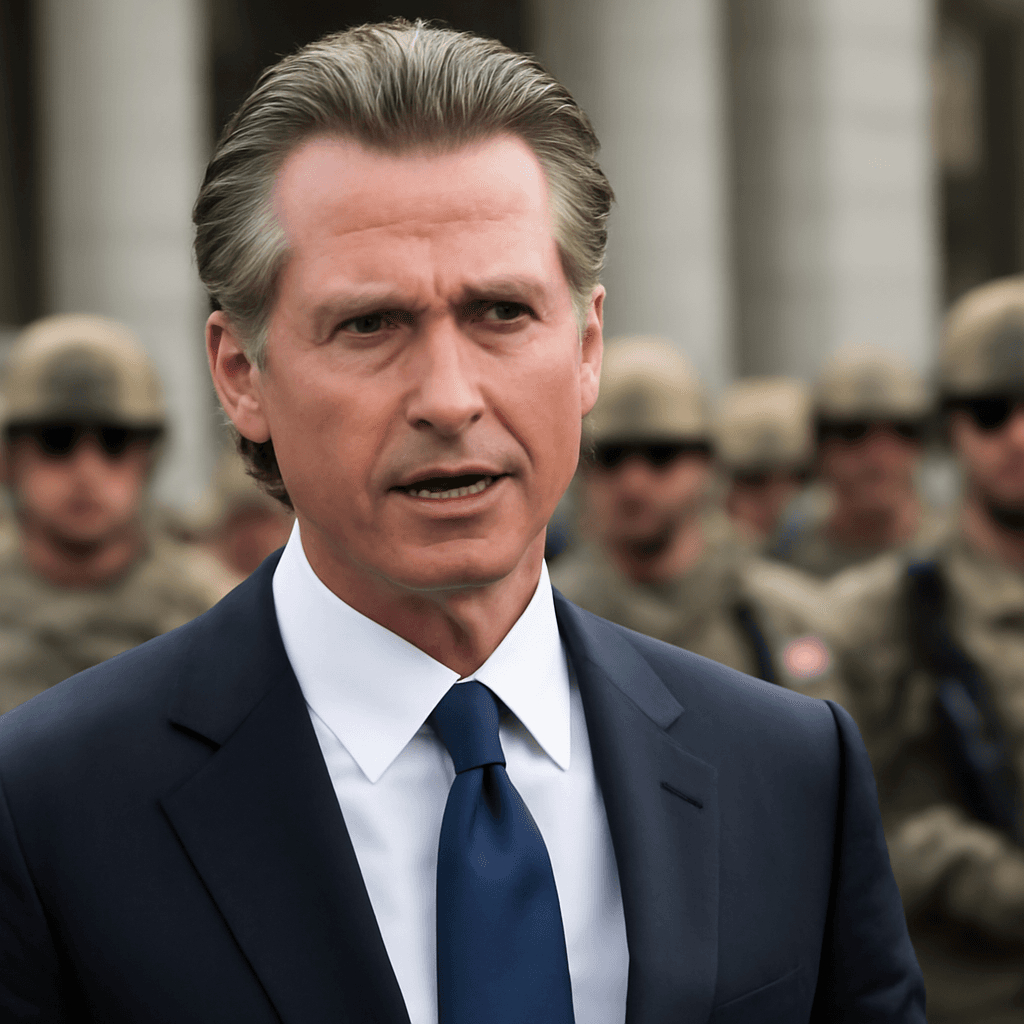EU Expresses Strong Support for India's Response to Pahalgam Attack
In a firm stance amid heightened tensions, the European Union has reiterated its support for India's right to safeguard its citizens following the recent terrorist attack in Jammu and Kashmir’s Pahalgam region. Speaking during the first-ever EU-India Strategic Dialogue, EU Foreign and Security Policy Chief Kaja Kallas condemned the massacre in resolute terms.
Unwavering Condemnation and Call for Accountability
Kallas emphasized, “The European Union strongly condemns the terrorist attack in Pahalgam. Those responsible must be brought to justice.” She underscored that India’s actions to protect its population are fully in accordance with international law.
Expressing personal regard, she shared that she maintained close communication with India’s External Affairs Minister S Jaishankar following the attacks, lamenting the tragic loss of life on both sides of the border in India and Pakistan.
Encouraging Dialogue to Ease Regional Tensions
Highlighting the fragile nature of regional peace, Kallas voiced the EU’s support for continued dialogue between India and Pakistan aimed at reducing tension. “No party benefits from renewed conflict in this sensitive area,” she said.
Strengthening the EU-India Partnership
Describing India and the EU as natural partners, Kallas pointed out that together they represent a quarter of the world’s population and GDP, providing a powerful foundation for global influence.
The inaugural EU-India Strategic Dialogue marks a pivotal step in their partnership, opening avenues to tackle shared threats such as cyber-attacks and foreign interference and setting the stage for deeper defence collaboration. The discussion promises to foster joint initiatives and exchange of expertise.
Shared Security Challenges and Cooperation
Both India and Europe face common security hurdles, including terrorism, regional military escalations, and breaches of international norms. Kallas highlighted recent joint naval exercises in the Indian Ocean as a testament to their commitment to uphold international maritime law.
Counterterrorism cooperation is expanding, focusing on information sharing, capacity building, and combatting terrorism financing. The next counterterrorism dialogue is scheduled for autumn, reflecting the ongoing commitment to this critical area.
Exploring New Frontiers: Space and Beyond
Beyond traditional security, the EU and India are forging stronger bonds in emerging domains like space. They already share Earth observation satellite data and have agreed to formalize cooperation through a dedicated dialogue on space, addressing satellite navigation and security, with the first session expected this autumn.
Looking Ahead: A Vision for Enhanced Security and Defence Partnership
Kallas underlined the compelling rationale for enhancing the EU-India security and defence relationship, noting existing partnerships with seven other countries. Continuity and expansion in this realm are seen as crucial, given that stability in the Indo-Pacific region is deeply intertwined with European peace and security interests.
With these developments, the EU and India are not only affirming their mutual commitment to combating terrorism and maintaining regional stability but are also setting the course for a multifaceted strategic alliance primed to address 21st-century security challenges.

